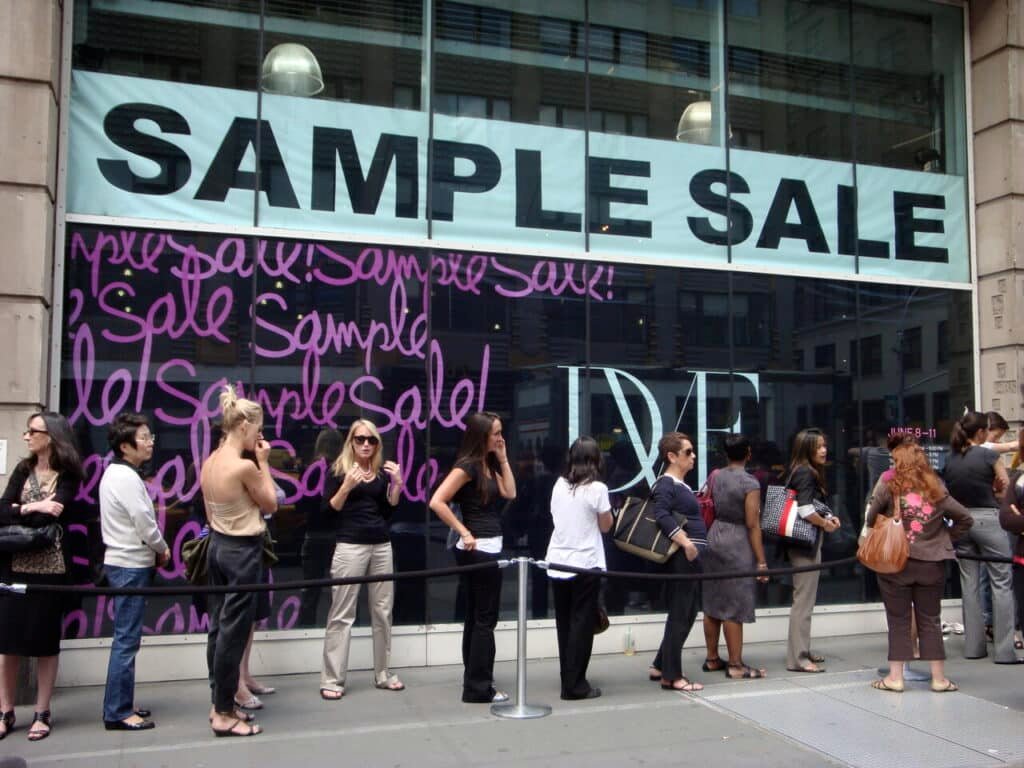What Are the Challenges Facing Clothing Manufacturers Today?
The clothing manufacturing industry is a dynamic and integral part of the global economy. From fast fashion to sustainable and ethical practices, the landscape has evolved significantly over the years. However, like any other sector, clothing manufacturers face a myriad of challenges that impact their operations, growth, and overall sustainability. In this comprehensive exploration, we will delve into the multifaceted challenges confronting clothing manufacturers today and examine how the industry is navigating through these complexities. 1. Global Supply Chain Disruptions The clothing manufacturing sector is highly dependent on a global supply chain, sourcing raw materials from various countries and often assembling the final product in a different location. Disruptions, whether due to natural disasters, political instability, or health crises (as witnessed with the COVID-19 pandemic), can significantly impact the timely delivery of materials and finished goods. These disruptions not only lead to delays but also increase costs, affecting the overall efficiency and competitiveness of manufacturers. 2. Rising Production Costs Manufacturers are grappling with escalating production costs, driven by factors such as increased labor wages, energy costs, and fluctuations in currency exchange rates. The demand for ethical and sustainable practices also contributes to the rising costs, as manufacturers invest in eco-friendly materials and adopt socially responsible manufacturing processes. Balancing the need for cost-effective production with ethical considerations poses a constant challenge for clothing manufacturers. 3. Fast Fashion and Overproduction The rise of fast fashion has transformed consumer behavior, fostering a culture of disposable clothing and rapid trend turnover. Manufacturers face the challenge of keeping up with ever-changing consumer preferences while avoiding overproduction. Overproduction not only leads to excess inventory but also contributes to environmental issues, as the disposal of unsold garments becomes a significant concern. 4. Evolving Consumer Expectations Consumers today are more informed and conscientious about their purchasing decisions. They demand transparency, sustainability, and ethical practices from clothing manufacturers. Meeting these expectations requires investments in sustainable sourcing, eco-friendly production methods, and fair labor practices. Manufacturers must adapt to these changing consumer preferences to stay relevant in the market. 5. Technology Integration While technological advancements offer opportunities for efficiency and innovation, the integration of new technologies presents a challenge for many clothing manufacturers, particularly smaller businesses. Implementing automation, artificial intelligence, and data analytics requires substantial investments and the upskilling of the workforce. Navigating this technological shift is crucial for manufacturers aiming to stay competitive in a rapidly evolving industry. 6. Regulatory Compliance and Standards Clothing manufacturers operate in an environment with a complex web of regulations and standards, particularly concerning safety, environmental impact, and labor practices. Keeping up with and adhering to these regulations is not only essential for legal compliance but also for maintaining a positive brand image. Striking a balance between compliance and operational efficiency poses an ongoing challenge for manufacturers. 7. Supply Chain Visibility and Traceability Consumers increasingly demand transparency in the supply chain, wanting to know the origins of materials, the production process, and the ethical practices employed. Achieving supply chain visibility and traceability can be challenging, especially when dealing with complex global supply networks. Implementing systems that provide real-time information about the entire supply chain is crucial for meeting consumer expectations and ensuring responsible sourcing. 8. Sustainability and Environmental Impact As environmental concerns take center stage globally, clothing manufacturers are under pressure to adopt sustainable practices. This involves using eco-friendly materials, reducing water and energy consumption, and minimizing waste. The shift towards sustainable fashion is not only driven by consumer demand but also by the need to address the industry’s significant environmental footprint. Striking a balance between sustainability and profitability remains a constant challenge. 9. E-commerce and Changing Retail Dynamics The rise of e-commerce has transformed the retail landscape, impacting how consumers shop for clothing. Manufacturers must adapt to changing distribution models and the demand for shorter lead times. This shift requires investments in e-commerce capabilities, efficient logistics, and the ability to respond quickly to market trends. 10. Intellectual Property and Counterfeiting Protecting intellectual property, including designs and brand identity, is a growing concern for clothing manufacturers. The ease of global communication and trade also facilitates the spread of counterfeit products, undermining the value of authentic brands. Manufacturers must implement robust strategies to safeguard their intellectual property and combat counterfeiting. In conclusion, clothing manufacturers face a complex set of challenges that span economic, social, and environmental dimensions. From navigating global supply chain disruptions to meeting evolving consumer expectations, the industry is undergoing a transformative period. However, challenges also present opportunities for innovation and growth. Manufacturers that proactively address these issues, embrace technological advancements, and adopt sustainable practices are likely to thrive in this ever-evolving landscape. The key lies in a strategic and adaptive approach that balances economic viability with social and environmental responsibility. As the clothing manufacturing industry continues to evolve, staying abreast of these challenges and actively seeking solutions will be paramount for sustained success. Let’s Find Sustainable Clothing Manufacturers from BCG Marketplace! So, you are looking for a marketplace where you’ll get all the sustainable clothing manufacturers at a glance? Let’s introduce with Beautiful Connection Group from the USA. We are a leading B2B clothing manufacturers marketplace in the USA, partnering with top global manufacturers. Our mission is to provide wholesale buyers with quality products from experienced suppliers.
What Are the Challenges Facing Clothing Manufacturers Today? Read More »






